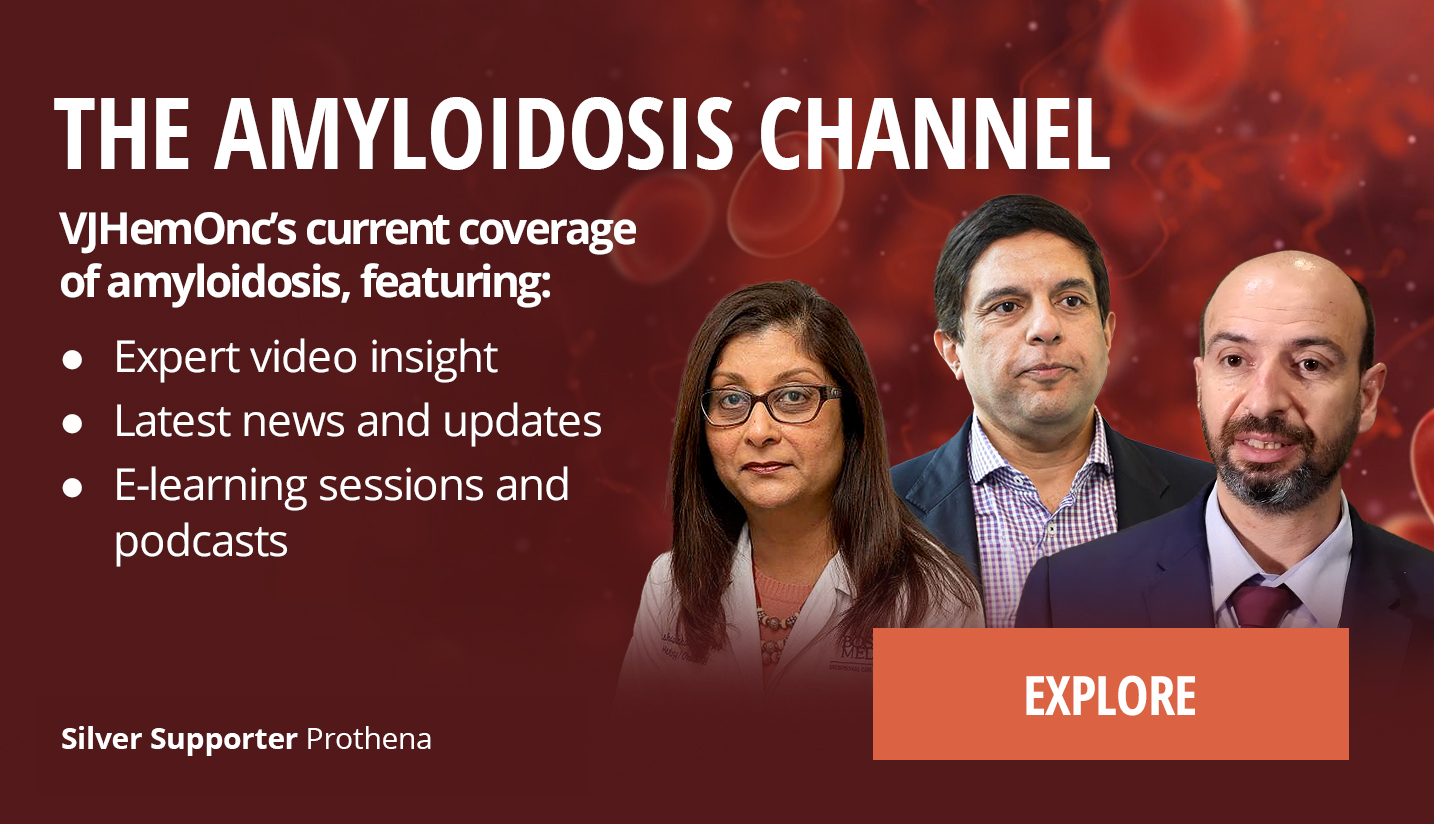Thank you for giving the opportunity to present our data here. Systemic AL amyloidosis results in organ damage most frequently to the heart and kidneys. Unfortunately, diagnosis is often delayed and the prognosis is poor owing to advanced multi-organ involvement and that leads to progressive disability and death. In this retrospective real-life case series, we evaluated 115 newly diagnosed patients across three centers in Turkey between 2007 and 2025...
Thank you for giving the opportunity to present our data here. Systemic AL amyloidosis results in organ damage most frequently to the heart and kidneys. Unfortunately, diagnosis is often delayed and the prognosis is poor owing to advanced multi-organ involvement and that leads to progressive disability and death. In this retrospective real-life case series, we evaluated 115 newly diagnosed patients across three centers in Turkey between 2007 and 2025. A staging Mayo 2024, the European Modification Prognostic Staging System for AL amyloidosis was used. Our primary objective was to evaluate the role of autologous stem cell transplantation in the era of daratumumab-based therapies. And daratumumab was introduced into practice after 2017, based on the results of the well-known ANDROMEDA trial. Since then, its use as frontline therapy, often without transplant, has significantly increased. From a clinical standpoint, daratumumab provides an important advantage for the population of patients with AL amyloidosis.
Among our patients treated with daratumumab, we observed notable cardiac and renal response rates of 55% and 59% respectively. It’s incredible. Importantly, daratumumab-based regimens were associated with improved early mortality and progression-free survival and overall survival even without transplant. It is important to highlight that patients receiving daratumumab as a part of induction treatment without transplant had a median PFS of nearly 79 months compared to 18 months in others. Overall survival was also significantly better in the daratumumab group with a median not reached versus 23 months in the control arm. Also, multivariate Cox regression confirmed that DaraCyBorD induction treatment and deferral of autologous stem cell transplantation were independently associated with better progression-free survival. And in conclusion, our 20 year real-world data suggests that daratumumab-based induction treatments significantly improve outcomes in AL amyloidosis, even in the absence of autologous stem cell transplantation.
This transcript is AI-generated. While we strive for accuracy, please verify this copy with the video.













